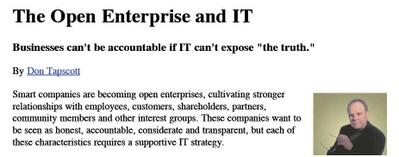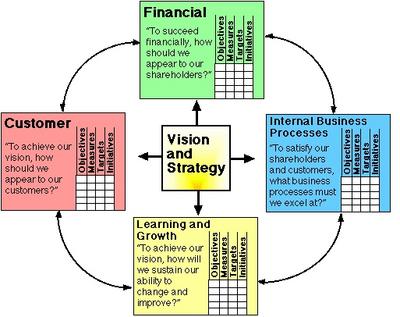Every connection is a chess piece
If your closest career competitor is making ONE career move per week, and you make 50 moves a week, then you are winning the game.
A "move" can be
- inviting someone to your LinkedIn network
- improving your LinkedIn profile (content, style, etc.)
- posting a useful entry on your career blog
- distributing your business cards
- creating your Odeo account, so as to record your knowledge (in segments of 3 minutes each) and invite friends/allies to listen to your podcasts. Note: use this super-easy-to-use podcasting service to share your valuable professional knowledge, NOT your life's story -- leave that to your biographer! :-)
Most importantly, every connection you have is a chess piece, and the more you communicate with your connections and find out exactly where they are on the "chessboard", the more you can use them AND help them.


